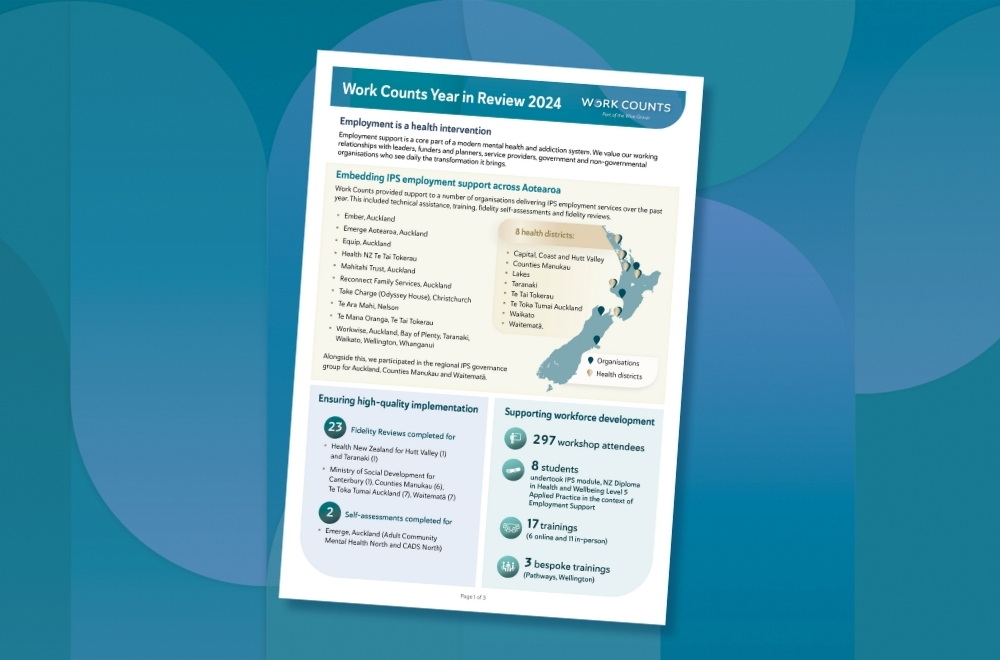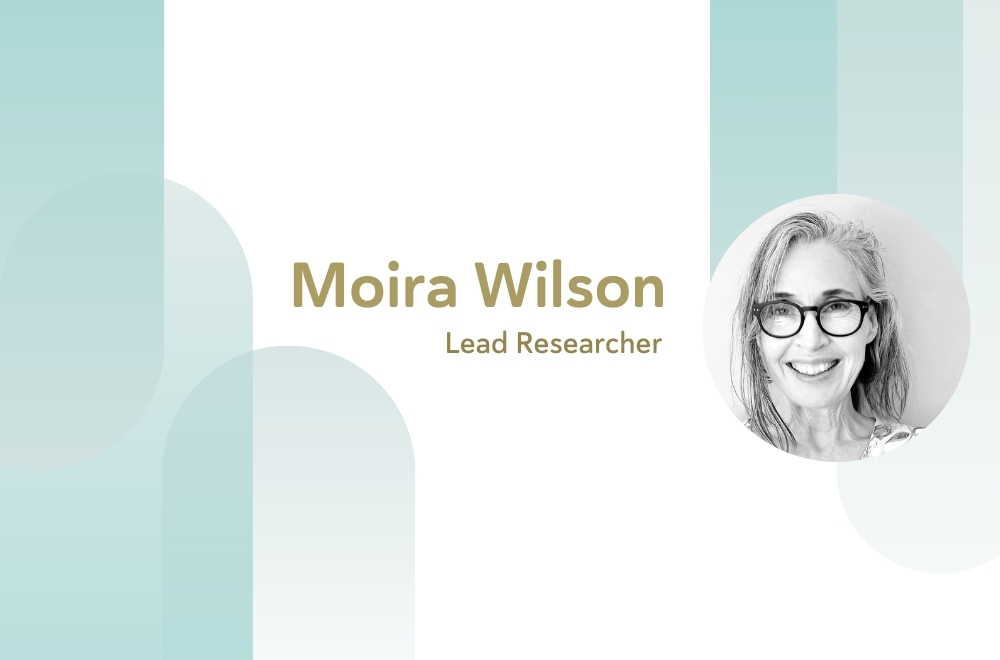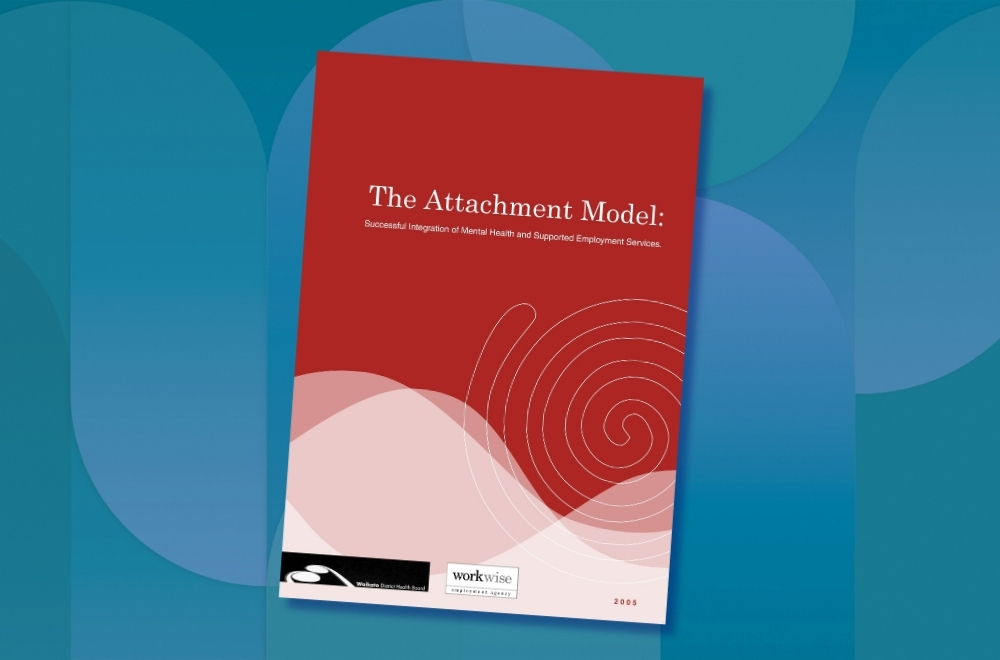Seeking examples of effective employment models
Published:
January 5, 2020
Library type:
Keywords:
Work Counts have partnered with Te Pou o te Whakaaro Nui and Synergia to deliver the Tōkeke: Building equity in access to work research project, funded by the Health Research Council and Ministry of Social Development.
A research project, Tōkeke: Building equity in access to work, has commenced to identify evidence-based case management services which facilitate improved employment and health outcomes for people who experience mental health and addiction issues.
The research project is a partnership between Te Pou o te Whakaaro Nui, Synergia and Work Counts, and is being undertaken in response to the Health Research Council and Ministry of Social Development seeking and funding this research.
Why this research is important
Many people who experience mental health and addiction issues want to get a job, develop careers, and see employment as an integral part of recovery and maintaining wellbeing (Peterson, Gordon, & Neale, 2017; Wescott et al., 2015).
Yet, people who experience mental health and addiction issues are 2-4 times more likely to be unemployed than people who do not (OECD, 2018). Furthermore, people who experience mental health and addiction issues make up the largest group of people on welfare benefits and the number is growing (Lockett, Waghorn, & Kydd, 2018; Taylor-Fry, 2016). There are also high numbers of people on welfare benefits who have undisclosed or unrecognised mental health and addiction issues (OECD, 2018).
The aim of the research
Tōkeke: Building equity in access to work aims to identify models of successful collaboration between Work and Income case management services and initiatives providing employment support.
The research aims to identify approaches to collaboration that successfully support people who experience addiction or mental health issues, particularly Māori and Pasifika peoples, to return to, and stay in, employment.
Approaches used by successful models of collaborative case management will be identified in order to help organisations transfer these approaches to other contexts and populations.
Seeking good practice examples
The Tōkeke research team are now seeking good practice examples that provide support to help people who experience mental health and addiction issues into, or back into, employment by 31 July 2019.
For more information on the research project, contact Te Pou.
Update: This survey has now closed.


